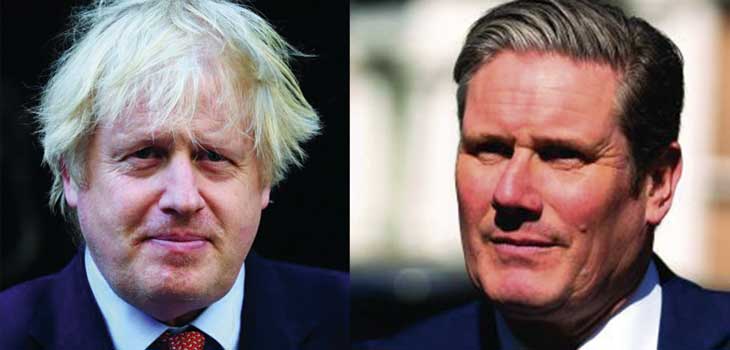
Many of you will have noted a distinct change in style as to the way Boris Johnson (pictured left) is questioned at Prime Minister’s Questions (PMQs) and it is fair to say that every person brings their own approach to this important opportunity, designed to extract information, clarity and transparency in respect of the Prime Minister’s conduct of affairs.
The concept of asking the Prime Minister questions in the House of Commons was first introduced in 1881 under the office of William Gladstone as Prime Minister, and in 1961 the process was updated with questions to the PM being taken for two fixed periods on a Tuesday and Thursday with the very first question addressed to Harold Macmillan by Labour’s Fenner Brockway, who began on the 18 July 1961 with: ‘May I express our appreciation of this new arrangement for answering questions and hope that it will be convenient for the Prime Minister as









